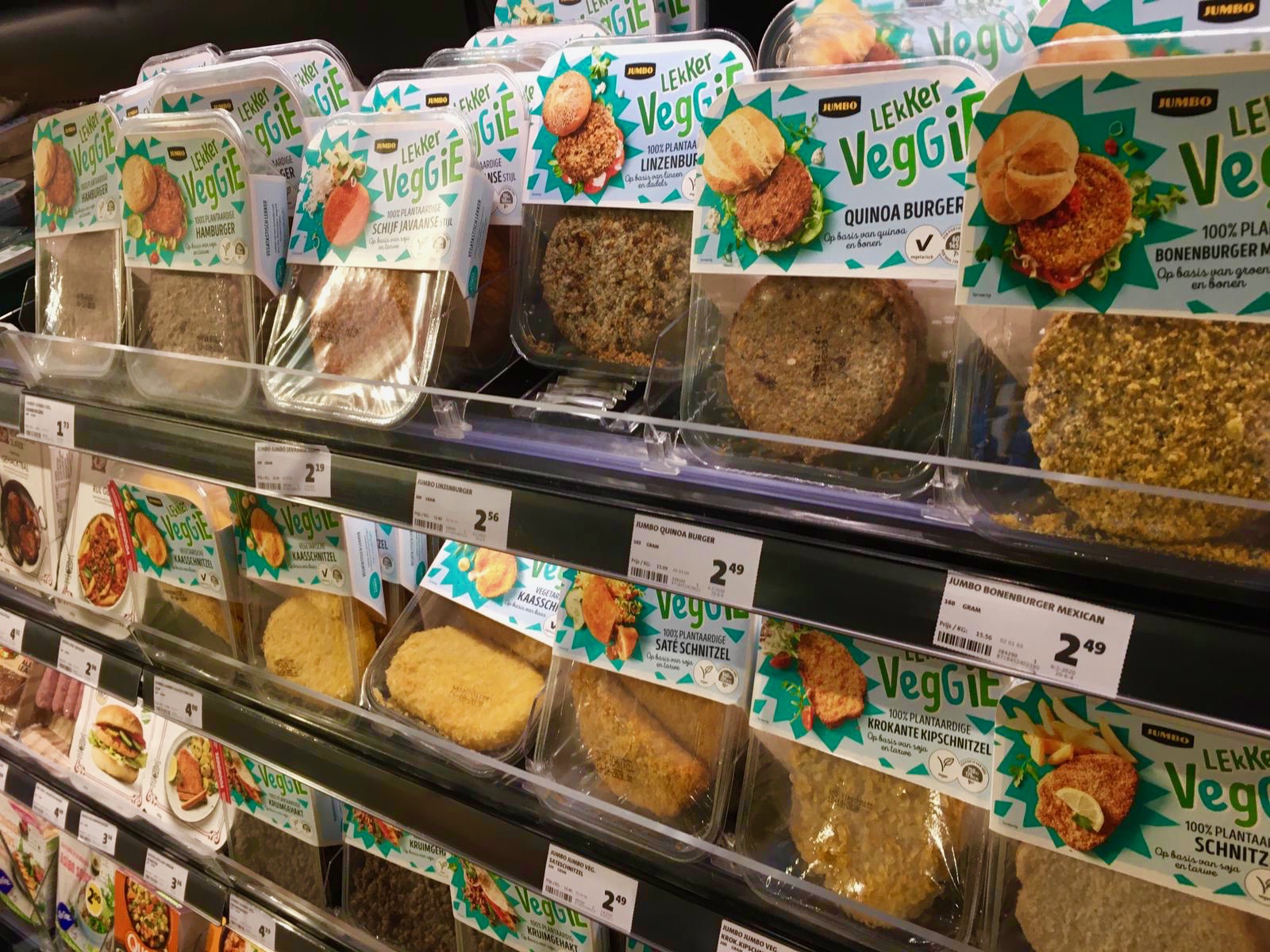During the week of October 19th, members of the European Parliament vote on whether terms like veggie ‘burger’ or ‘sausages’ may still be used for meat-free food products. What are the consequences of this potential ban? And why is it on the EU agenda in the first place?
The potential ban concerns the use of widely understood terms such as ‘burger’, ‘sausage’, and ‘steak’ for plant-based products. Additionally, the proposed EU ban would also prohibit dairy-related terms, such as ‘yoghurt style’, ‘cheese alternative’ and ‘butter substitute’. Alternative names could range from ‘discs’ to ‘slices’ and ‘liquid’. The main argument behind the proposal is to avoid consumer confusion.
With a potential ban the EU is following the lead of France, where an amendment was passed last year to an agriculture bill which will prohibit any non-animal based product from being labelled as a traditional animal product. Ronja Berthold is head of Public Affairs at the European Vegetarian Union. She explains what a potential ban on meat names might look like. Listen below:
Consumers’ choices
In July last year an open letter was sent to the European Committee on Agriculture and Rural Development (AGRI) signed by 10 organizations, including ProVeg and the European Vegetarian Union, which stated that the amendment also goes against consumers’ choices for more sustainable food. According to a survey done by the European Consumer Organisation in 11 European countries, most customers see either no problem (26.2%) with meat-sounding names for plant-based products or believe it should be okay (42.4%) as long as the products are prominently labelled as vegetarian or vegan.
Enlarge

Culinary purpose
Josh Milburn teaches Animals, Ethics and Politics at the University of Sheffield, UK. As a moral and political philosopher, his research interests include animal ethics and the philosophy of food. “We know that a burger is something that works well in a bun, but it is hard to know what the culinary purpose of a ‘disc’ is”, Josh says. “Veggie sausages and veggie burgers have existed for decades and are now a familiar part of many menus and supermarket shelves throughout Europe. They could just as readily be called ‘food names’ as ‘meat names’. Even if they were ‘meat names’, there is no reason to think that ‘meat’ must always be produced by killing animals.”
“Veggie sausages and veggie burgers have existed for decades and are now a familiar part of many menus and supermarket shelves throughout Europe”
Does he think that changing the names of meat-free alternatives impact the recognisability of these products? “Consumers aren’t stupid: they are becoming aware of the various problems associated with animal agriculture, and so are moving away from it. These legal challenges are an attempt to discourage consumers from doing this by reducing the recognisability of the alternative products, by making them out to not be real alternatives at all in doing so, causing problems for the companies producing these alternative products.”




